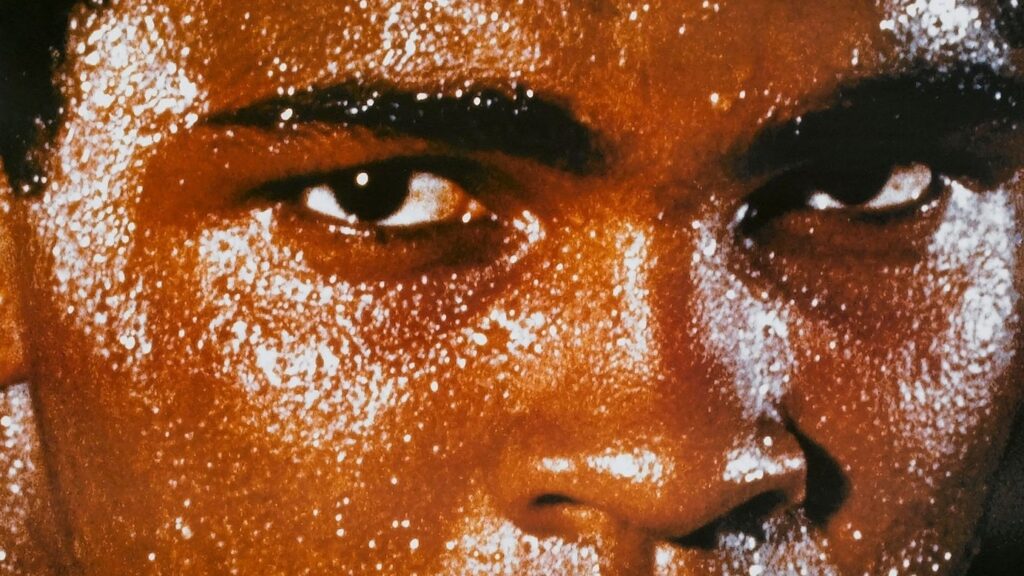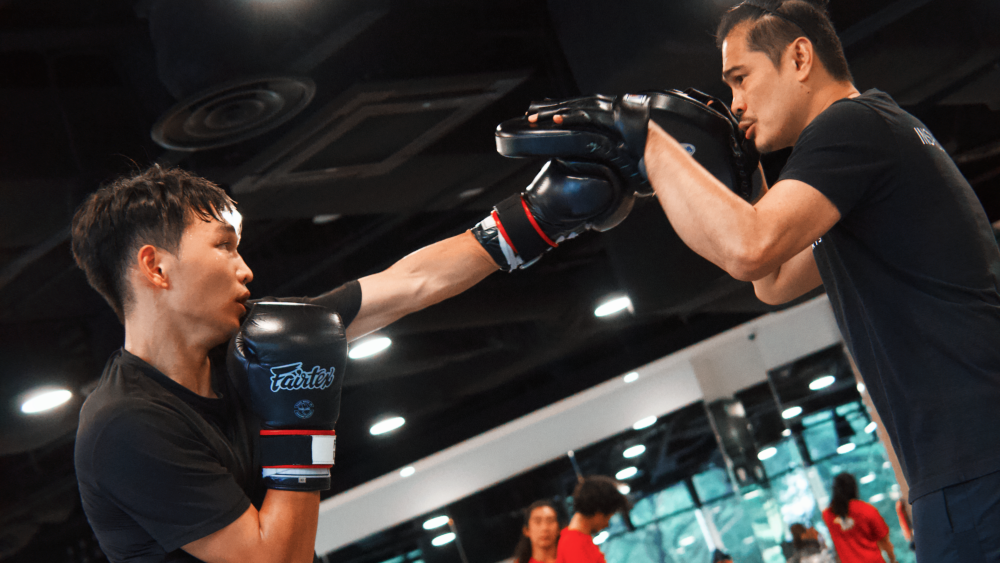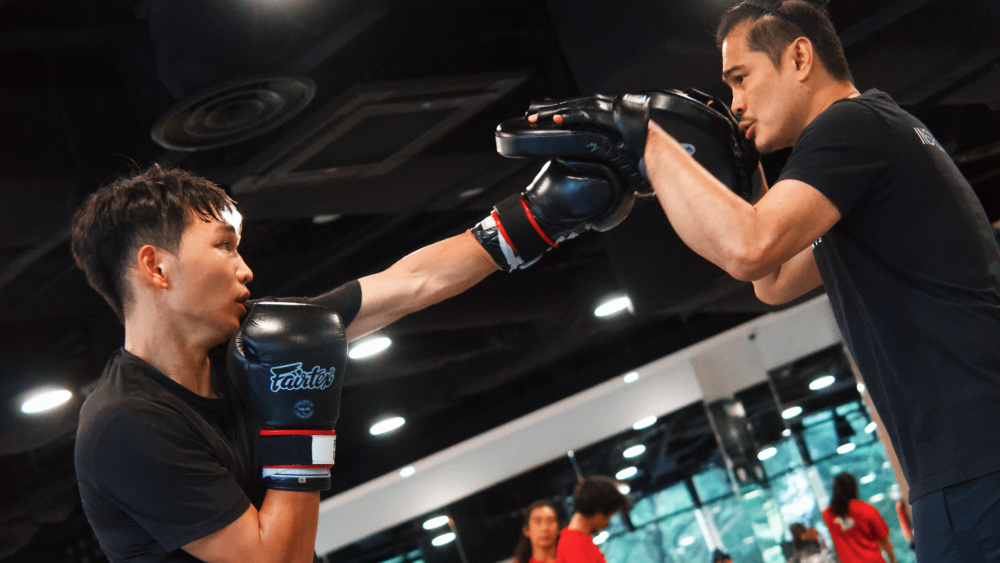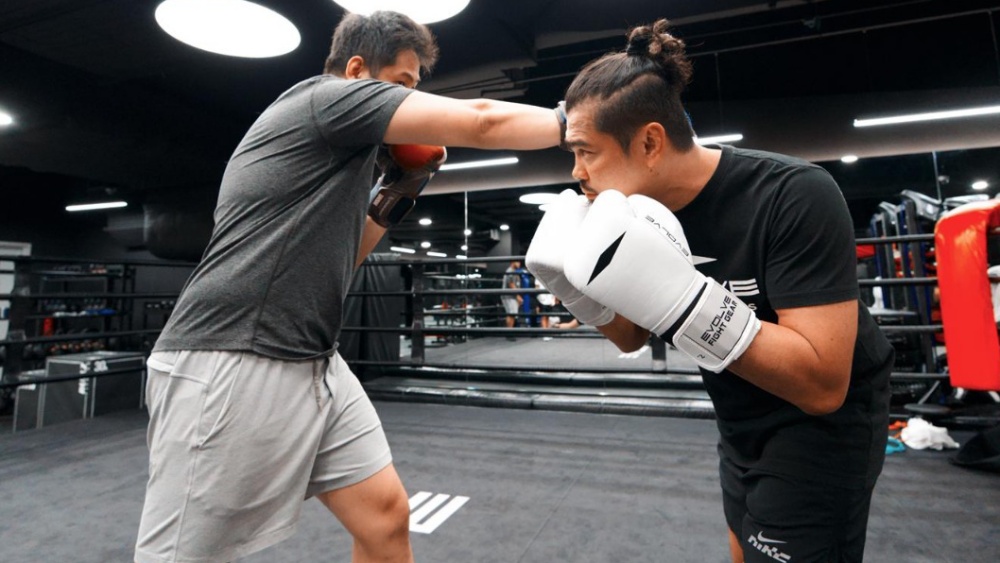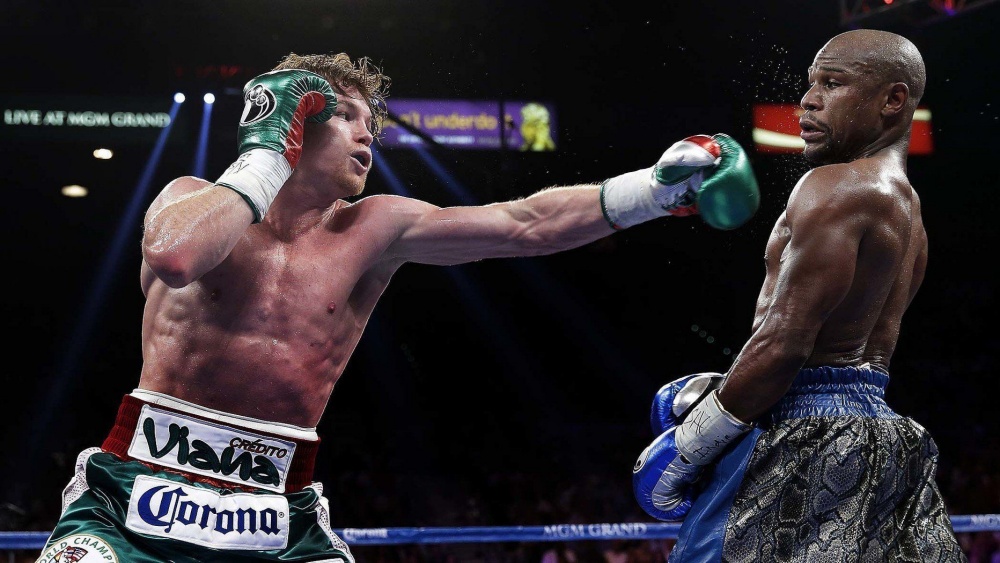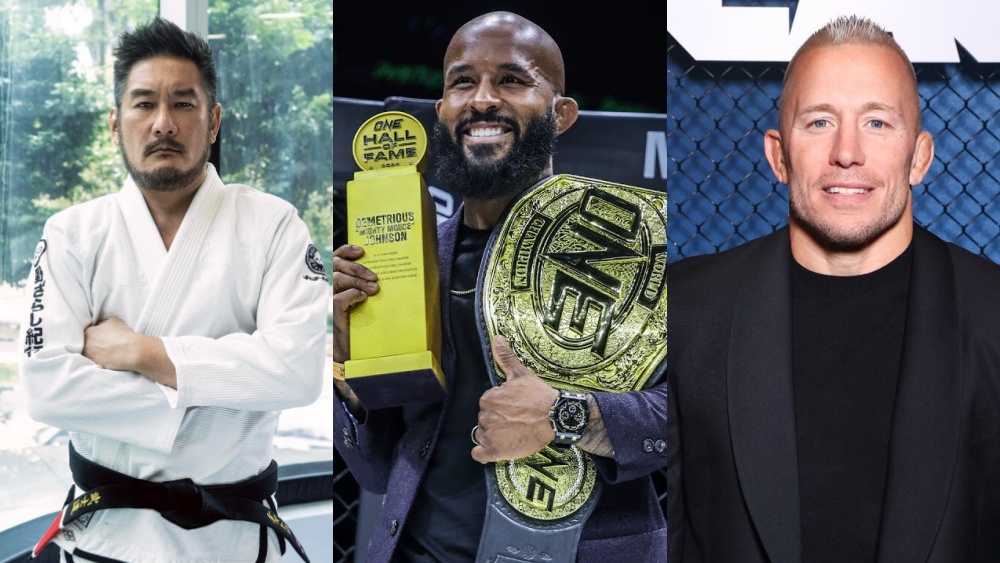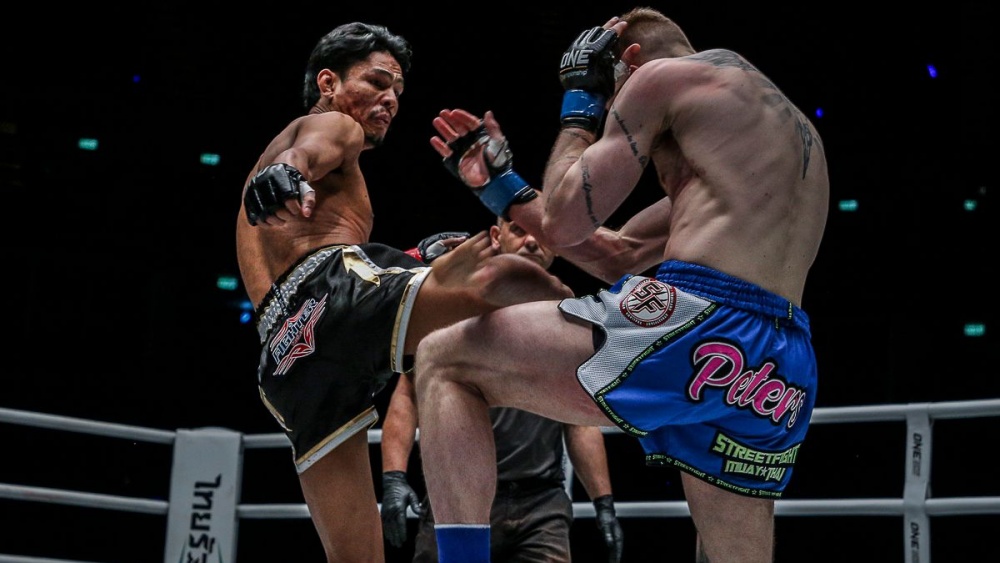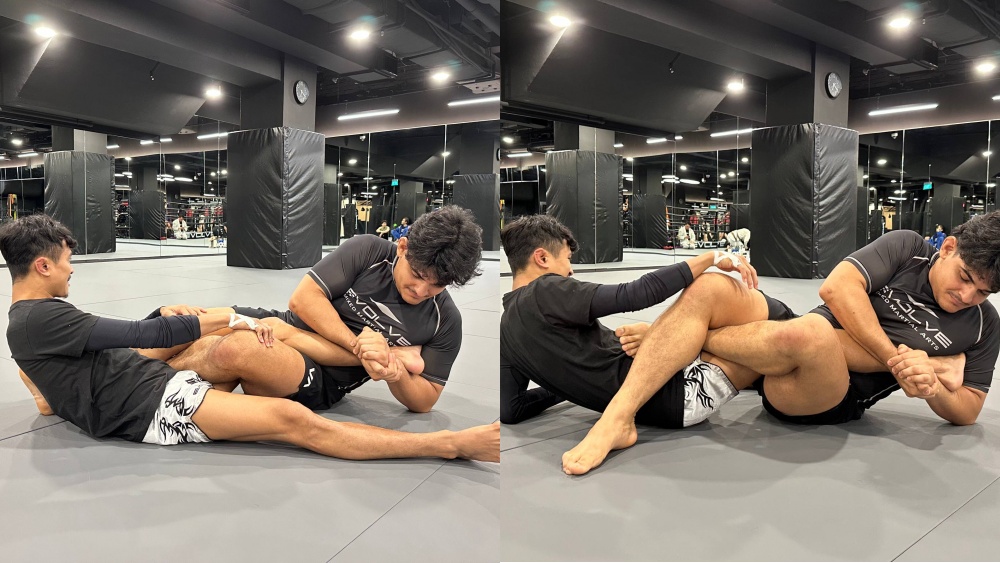There is an atmosphere of purpose and focus in almost every boxing gym that you’ll ever walk into. It is probably due to the special significance of boxing in modern history.
Boxing gives a sense of purpose to anyone who makes a commitment to the sport. It is a vehicle that can propel an unknown athlete onto the world stage. Some boxers become famous for their talent and for their misadventures outside of the ring.
Then there are the boxers who become historical figures. They are as famous and as beloved as the most respected of world leaders. Their peerless skill, their charisma, and their grace cement their place as legends.
Why Boxing Provides Amazing Material For Documentaries
Everyone knows of at least one of the several iconic bouts of the twentieth and twenty-first century. The buildup and fanfare of marquee boxing matches make them events that go down in history books. Many of the matches were pivotal moments that happened against the backdrop of turbulent times and seismic changes that have an effect that is visible in today’s world.
There are people who take it upon themselves to tell the important stories of the boxing world. The most successful of these storytellers pour themselves into their projects. The end results are documentaries that capture important events, telling the stories of iconic boxers in relation to the world and times they lived in.
When it comes to iconic boxers, no one is bigger than Muhammad Ali. Often referred to as the greatest of all time, Ali has been involved in some of the most epic matches and important moments in boxing history. Naturally, there have been countless documentaries made about him. If you’re looking to learn more about the legend and his impact on the sport of boxing, here are the best two documentaries to start with.
1) When We Were Kings
This Award-winning documentary covers the historical background, the preparation, and the fanfare leading up to (arguably) the most impactful boxing match of the twentieth century: The “Rumble in the Jungle,” the historic fight between Muhammad Ali and George Foreman.
It’s safe to say that this 1996 documentary qualifies as a historical document. It provides insight into the Vietnam era and the real-life effects it had on the people who fought and the ones who refused to fight. It also highlights the triumph that can result from standing fast in the face of adversity.
Muhammad Ali started his pro boxing career in 1960. In the span of three years, Ali downed legends, becoming a legend himself. Until 1966 that is, when the Vietnam draft came calling.
By this time, Muhammad Ali had converted to Islam. He became a conscientious objector based on his religious and personal beliefs. This cost him. Stripped of his boxing license, Ali could no longer fight on American soil.
It is a marginally slower Muhammad Ali that returns to the world stage in 1970 when he gets his license back. He fights Joe Frazer and loses, which marks him as an underdog. But Ali pushes on towards a string of victories in an effort to secure a rematch with Frazier. It doesn’t happen.
Instead, he works his way into the most iconic sporting event of the last century. He fights George Foreman in Zaire, writing his name in the pages of history. This is where the documentary picks up.
You learn how Don King, the fight’s promoter, arranges and finances the whole thing. You understand the enormity of the moment as you watch Muhammad Ali interact with adoring crowds and jog on footpaths in Zaire. You get a true feel of the culture of the time, through perspectives from notable people like Spike Lee, James Brown and BB King.
Most importantly, you get a close look at the tactical genius of Muhammad Ali. You will appreciate how he uses the ‘right-hand lead’ to confuse Foreman in the first couple of rounds. Your anxiety will rise as you note that Ali spends much of his time in defensive positions, specifically, on the ropes. As Foreman tires, you get to re-live the moment that you first realized that Muhammad Ali was biding his time all along.
‘When we were kings’ is a labor of love by Leon Gast. It does justice to a historic sporting event, which is why it won an Academy Award in 1996.
2) HBO’s Thrilla in Manilla
It turns out that Muhammad Ali got another chance to face Joe Frazier after all. The venue for this bout was Manilla in the Philippines. The year was 1975, one year after the match in Zaire.
Unlike the previous documentary, ‘Thrilla in Manilla’ tells the story from the viewpoint of Joe Frazier and his crew. You get a first-hand look behind the curtain to understand what it’s like to train for a match that’s slated to happen in front of the whole world.
The documentary gives an insight into the conditions of the match. For starters, the careers of both men were on the decline because of their advancing ages. Neither was at the best points of their careers (or in the case of Ali, their lives). They also had to power through the sweltering heat of Manilla.
Then came the fight itself. Each round was draining, in more ways than one. Each man inflicted damage on the other for fifteen rounds. The documentary shows the highlights of the fights and brings you into the calculations that led Frazer to throw in the towel right before Ali did the same.
In terms of energy, this documentary lacks the triumph of the Zaire match. It is far more fraught and gives a glimpse into the darker side of boxing.
3) Facing Ali
‘Facing Ali’ is a unique Muhammad Ali documentary as it focuses on telling his story from the viewpoint of his opponents. The film contains interviews with George Chuvalo, Sir Henry Cooper, George Foreman, “Smokin’” Joe Frazier, Larry Holmes, Ron Lyle, Ken Norton, Earnie Shavers, Leon Spinks, and Ernie Terrell. All these men shared the ring with Ali, and even though not every one of them may have seen eye to eye with the man, they all had a certain level of respect for the legend.
Having Ali’s story told from multiple points of view allows the audience to get a good grasp of who he was and how he was perceived by his peers. Because of this, you could say that ‘Facing Ali’ is arguably the most unbiased and well-balanced documentary about Ali.
The documentary doesn’t only cover his boxing career, it also goes over his conversion to Islam and his opposition to the Vietnam War, amongst other topics.
Boxing documentaries allow you to see the work, the sweat, the pain, and the triumph that goes into historic boxing matches. So go ahead and take a look. Do you have a favorite boxing documentary that made an impact on you?
You may also like:
